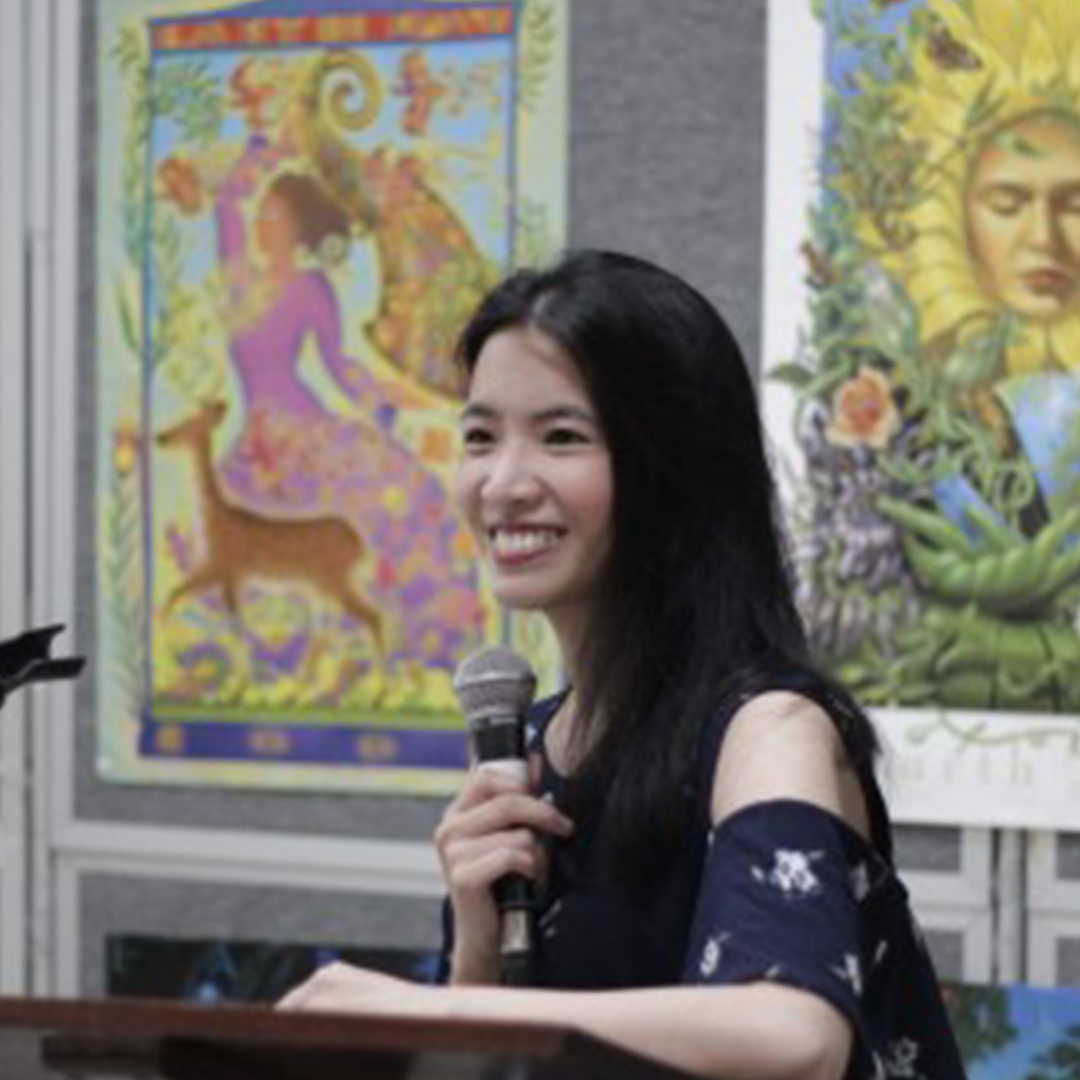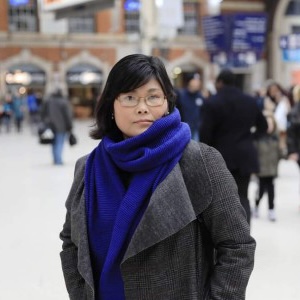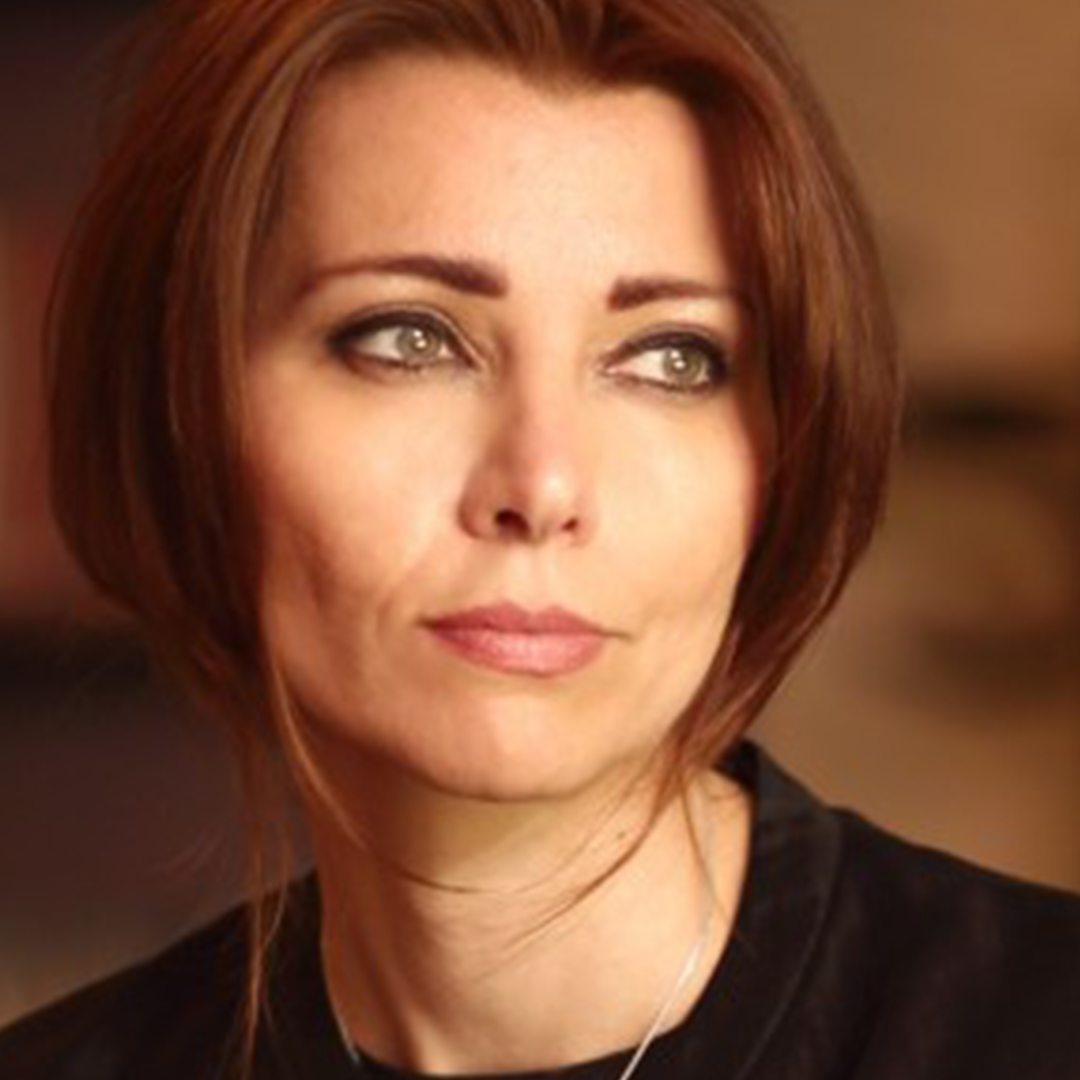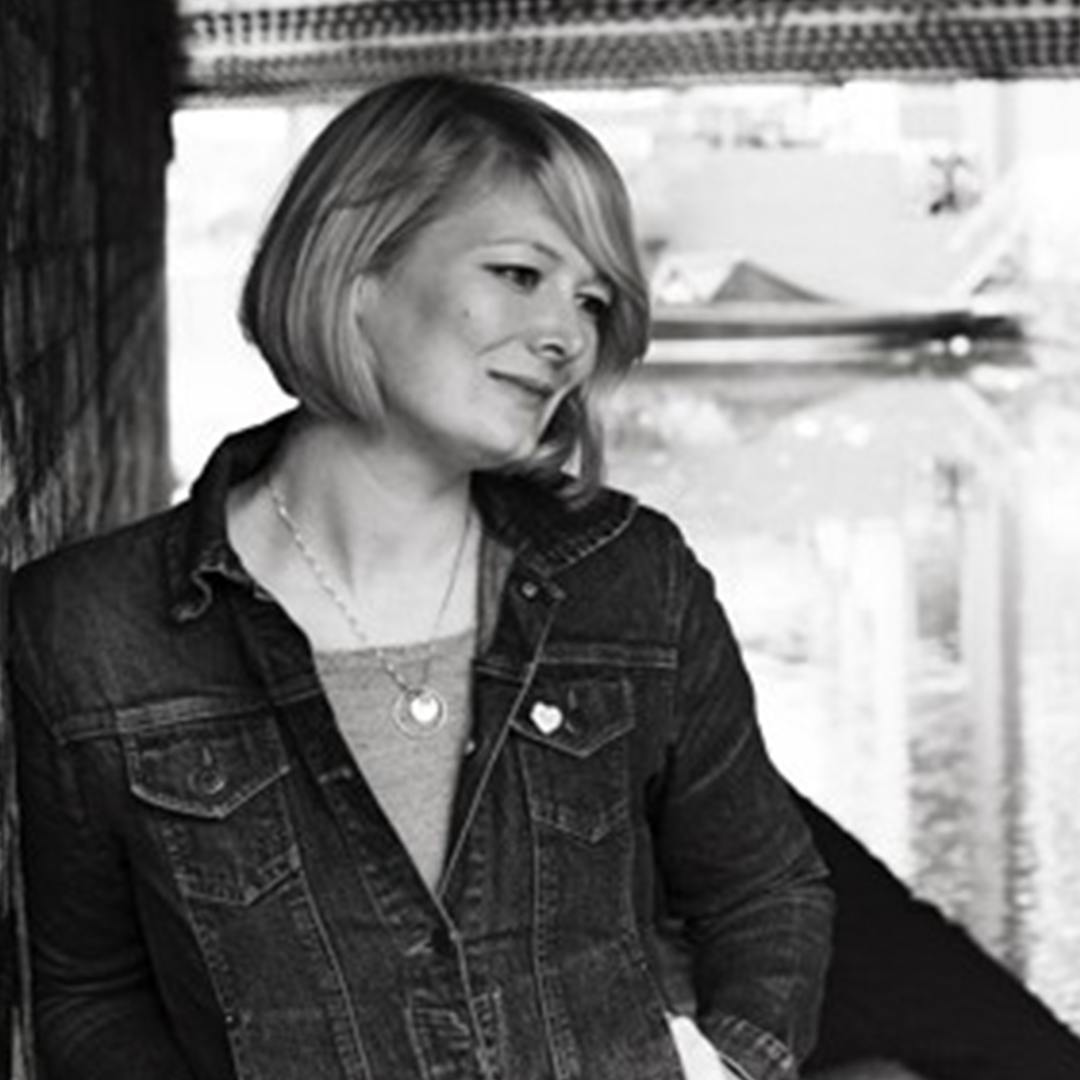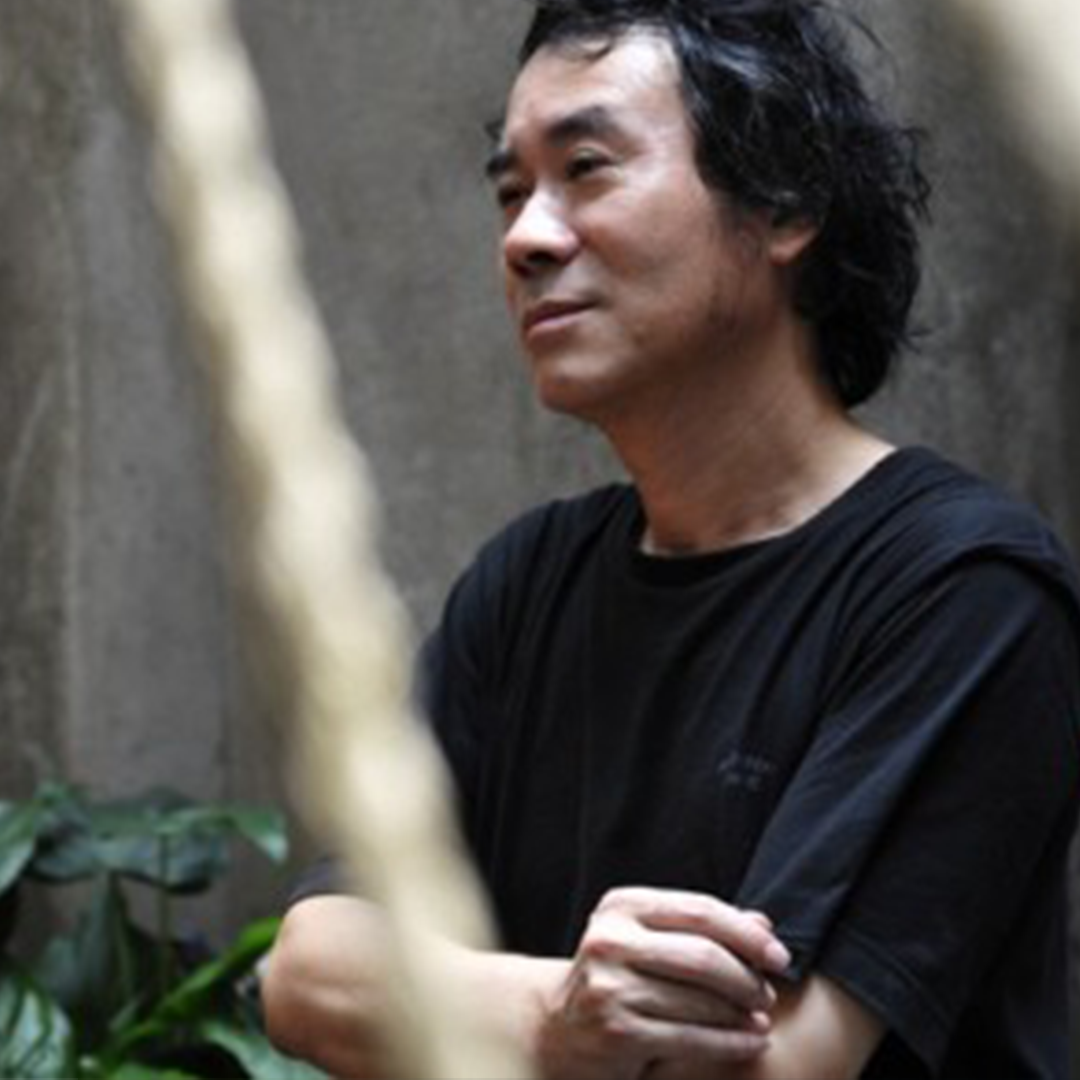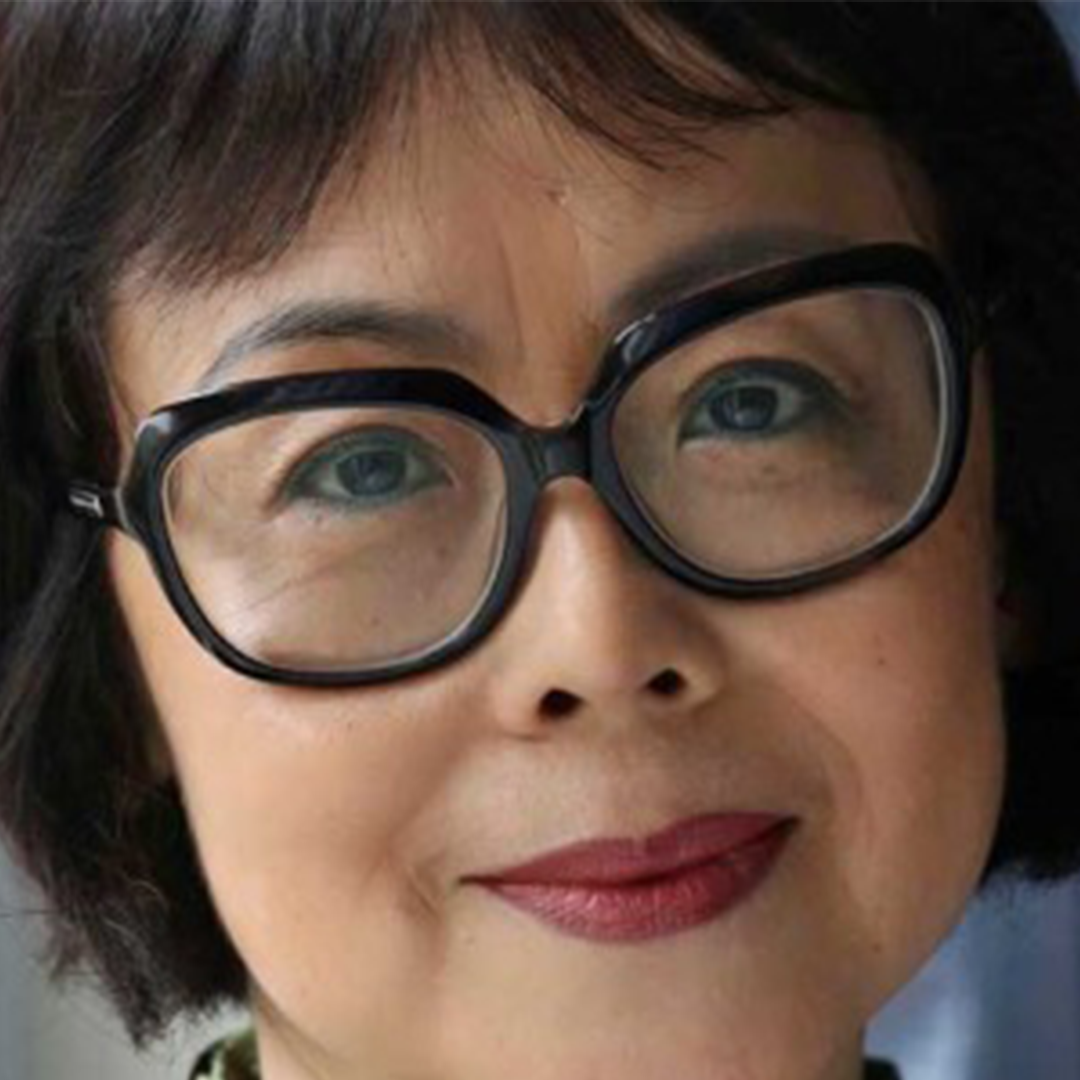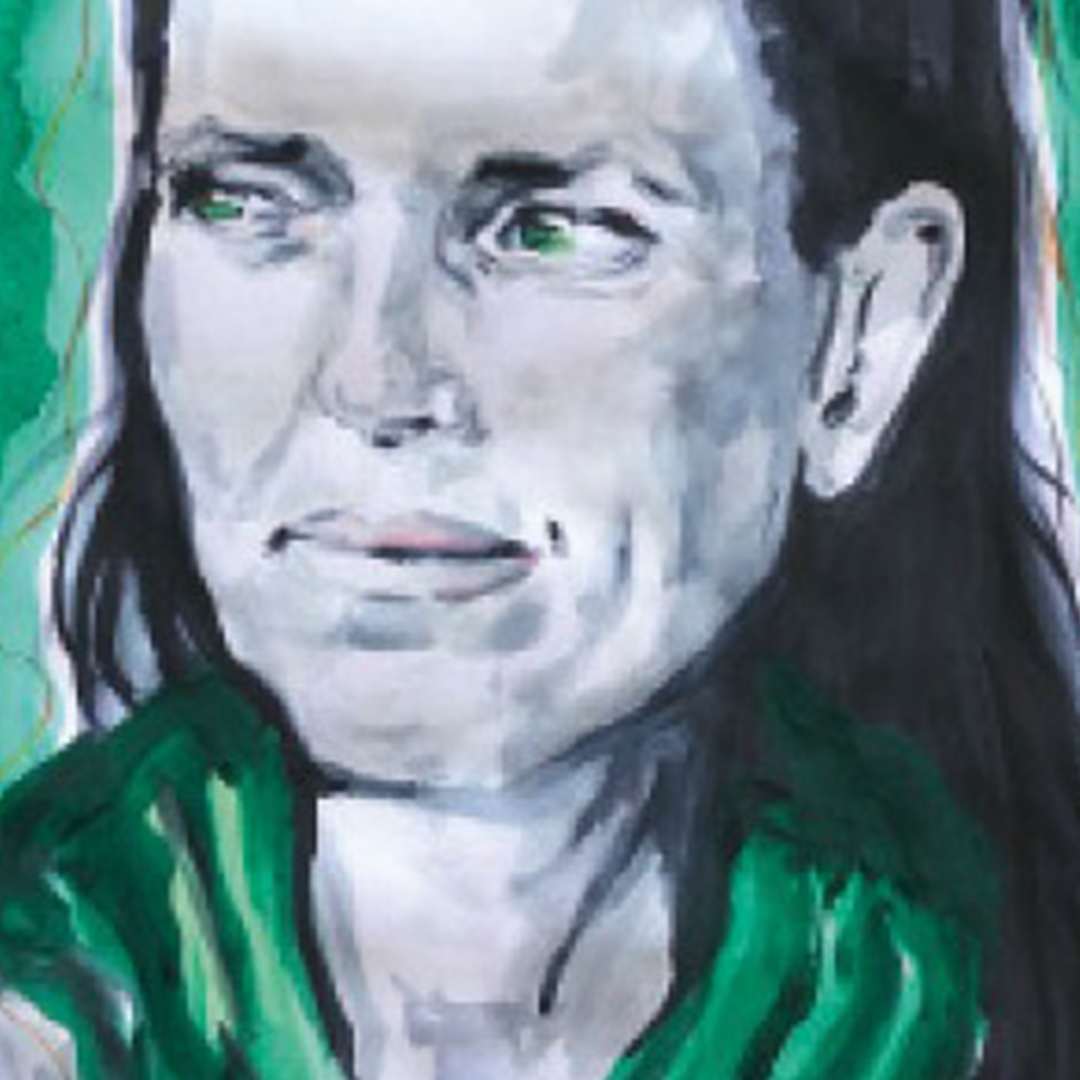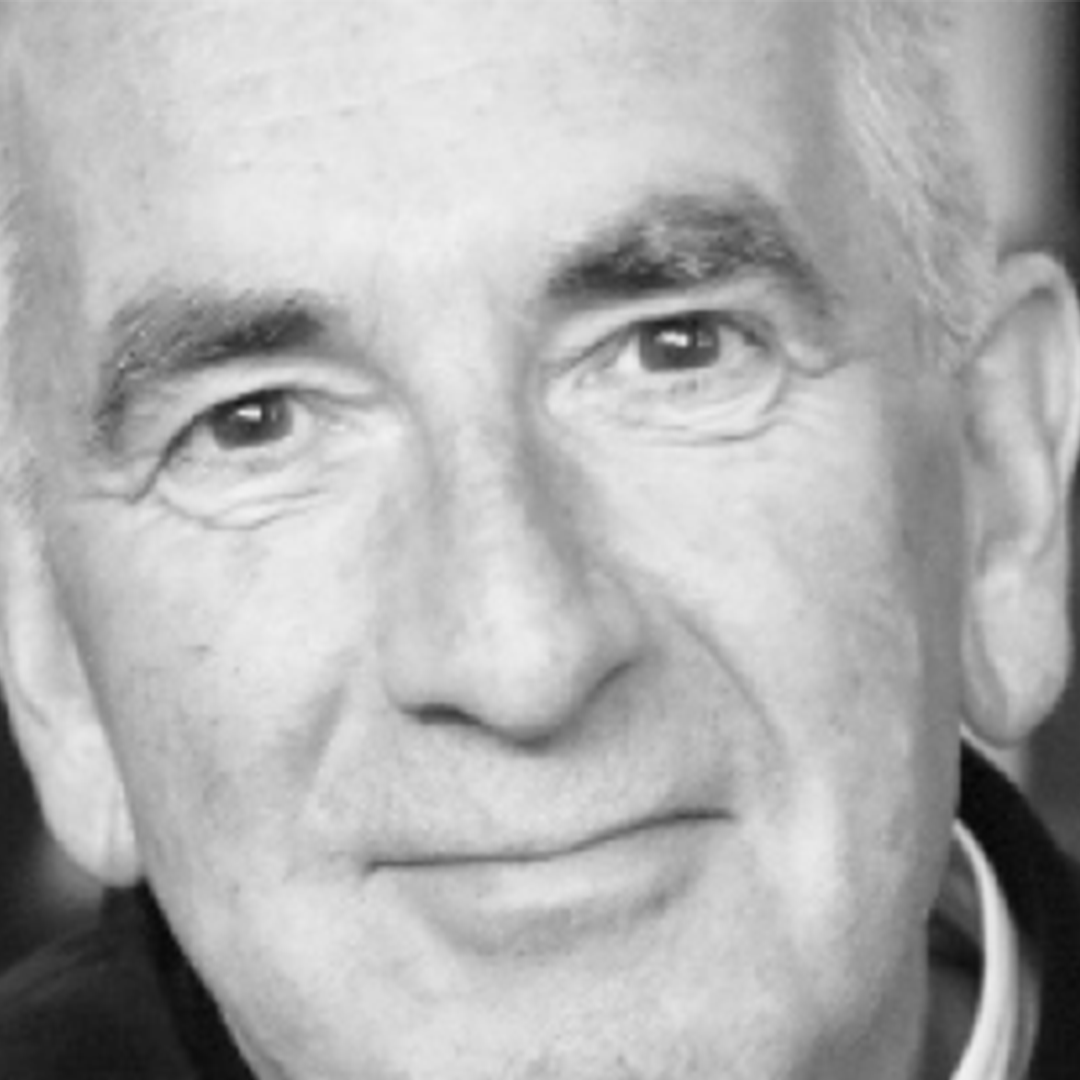Winter magazine launch party at Google
[vc_row][vc_column width=”1/2″][vc_single_image image=”110991″ img_size=”full”][/vc_column][vc_column width=”1/2″][vc_column_text]Shake off the post New Year blues with drinks, snacks and debate at Index on Censorship’s winter magazine launch on the theme of macho leaders and their attempts to silence freedom of expression, on Wednesday 15 January at Google HQ.
Speakers include Xiaolu Guo, Chinese novelist, essayist, screenwriter, film-maker and author of the bestselling A Concise Chinese-English Dictionary for Lovers; Dora Papp, a Hungarian activist, who helped elect the new opposition mayor of Budapest; Lindsey Hilsum, Channel 4 News international editor and author of In Extremis: The Life and Death of the War Correspondent Marie Colvin, the story of the most daring war reporter of her time; and Rob Sears, author of the hit humour titles The Beautiful Poetry of Donald Trump and Vladimir Putin: Life Coach. The panel will discuss the ways macho male leaders around the world stifle dissent, debate and democracy, and the success stories of those who speak out against them. Chaired by Index on Censorship Editor-in-Chief Rachael Jolley.[/vc_column_text][/vc_column][/vc_row][vc_row][vc_column][vc_row_inner][vc_column_inner width=”1/4″][vc_single_image image=”110914″ img_size=”full” add_caption=”yes”][/vc_column_inner][vc_column_inner width=”1/4″][vc_single_image image=”110992″ img_size=”full” add_caption=”yes”][/vc_column_inner][vc_column_inner width=”1/4″][vc_single_image image=”110993″ img_size=”full” add_caption=”yes”][/vc_column_inner][vc_column_inner width=”1/4″][vc_single_image image=”111370″ img_size=”large” add_caption=”yes”][/vc_column_inner][/vc_row_inner][vc_column_text]
When: 15 January 2020, 18:00 to 21:00
Where: Google, Six Pancras Square, London N1C 4AG
Tickets: Free, advance booking essential.
[/vc_column_text][/vc_column][/vc_row]

